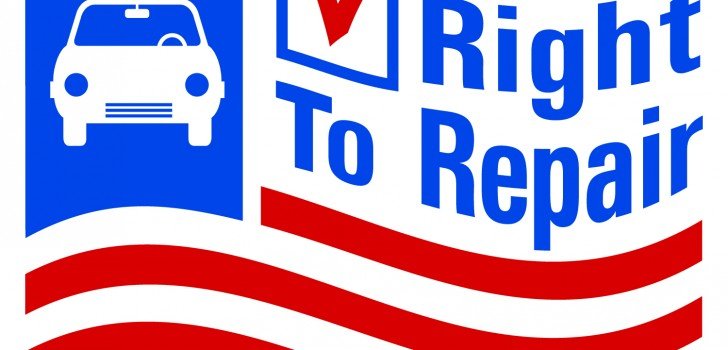The fallout from Volkswagen’s (VW) rigging of emissions tests continues to accumulate this week, with the company stating that it will repair up to 11 million vehicles affected by the scandal. Costs associated with just the repairs could amount to over $6.5 billion, not counting additional costs from customer lawsuits or regulator fines.
Customers would be right to sue, as the stated mileage on the affected vehicles is only possible when the vehicles produce illegal levels of emissions like nitrous oxide. After customers have their vehicles repaired, their new mileage numbers will surely be lower.
VW also admitted to cheating European tests, a market that accounts for 40% of its sales. Germany’s car industry currently employs over 750,000, forming a major source of the nation’s export income, but Economy Minister Sigmar Gabriel was not worried about economic damage as long as VW chose to deal with the problem sensibly.
VW has stated it will set aside $7.3 billion in order to cover costs from the scandal.
Spain stated that it would request that VW return the money from energy-efficiency subsidies that it illegally obtained through its emissions scheme.
Newly appointed CEO Matthias Mueller said customers would be notified whether their vehicles would need repair and that details of the vehicle repair process will be submitted to the German Federal Motor Transport Authority (KBA) next month. The KBA also issued an October 7 deadline for a new plan detailing how the automaker will comply with diesel emissions regulations.
U.S. lawmakers demanded that VW produce documents concerning the scandal, including details about the software cheat. Current estimates on the number of affected vehicles in the U.S. is around 500,000.
Nitrous oxide is one of the most harmful greenhouse gases, trapping nearly 300 times the heat per molecule as carbon dioxide. There’s also the added harm of destroying atmospheric ozone. Approximately one third of nitrous oxide production is anthropogenic, resulting from combustion of fossil fuels, nitrogen-based fertilizers and sewage treatment plants.
Stay Connected